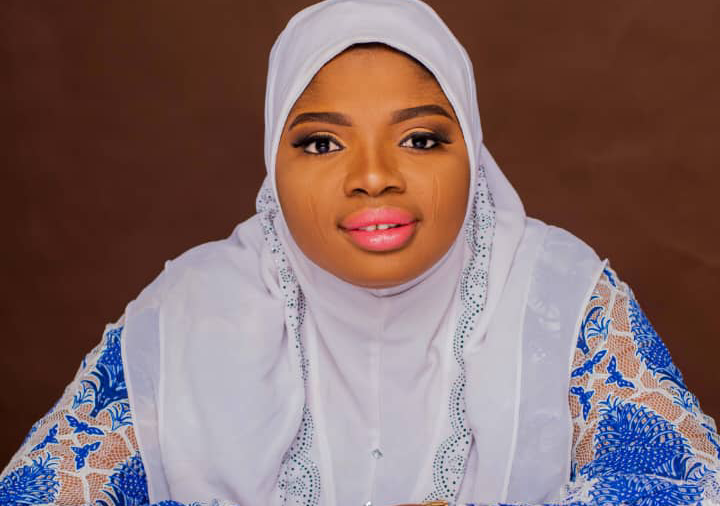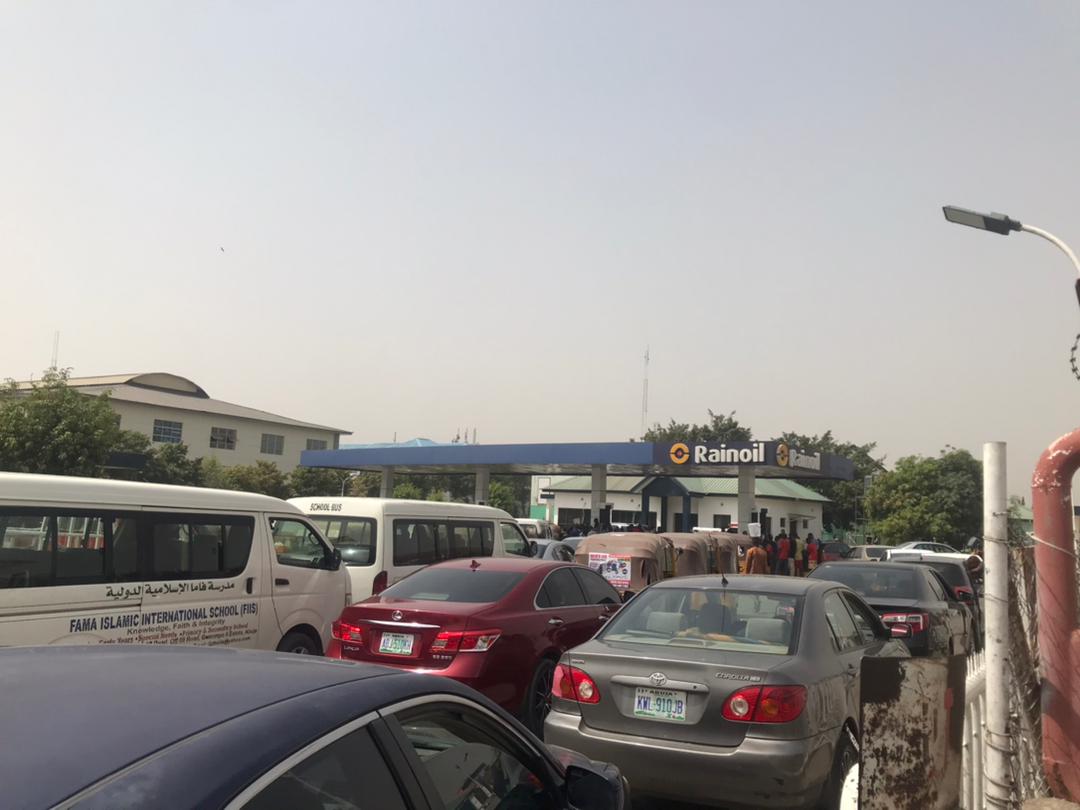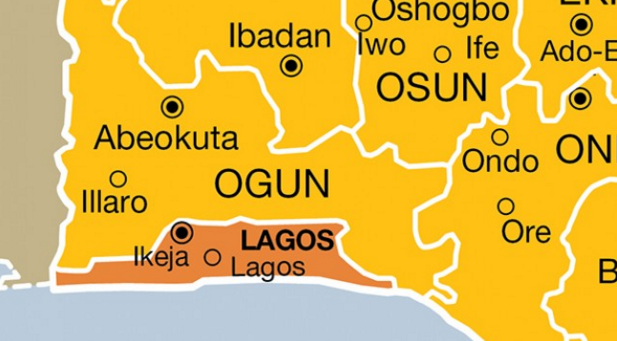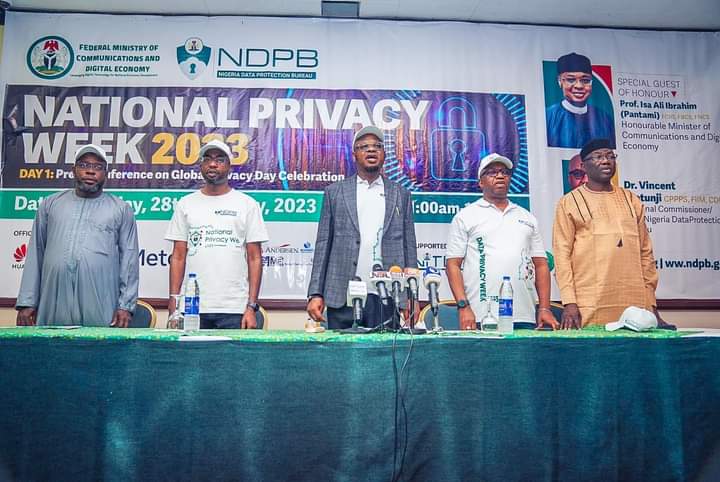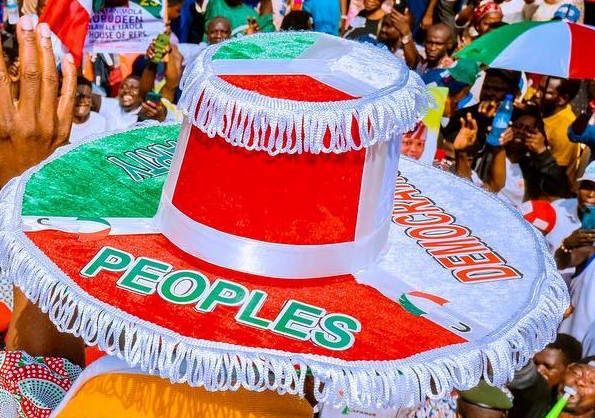In May 2018, President Muhammadu Buhari signed into law the #NotTooYoungToRun bill into law. The bill sought to reduce the age benchmark to hold elective office in the country.
The bill, upon assent by the president, reduced the age qualification for the office of the president from 40 to 30 years; the age for the office of governor from 35 to 30; the senate from 35 to 30; the house of representatives from 30 to 25; and state house of assembly from 30 to 25.
It has since paved way for many Nigerian youths to actively participate in politics and seek elective positions, a development that has long been clamoured for.
…YOUTHS LIKE MEDINAT
Advertisement
Medinat Abdulraheem, who until May 2018 would not have been able to contest any elective seat, is now vying to represent Lanwa Ejidongari constituency in the Kwara state house of assembly.
The 32-year-old, who is running on the platform of the All Progressives Congress (APC), told TheCable that her interest in the welfare of people motivated her to make a foray into politics and prompted her to run for office.
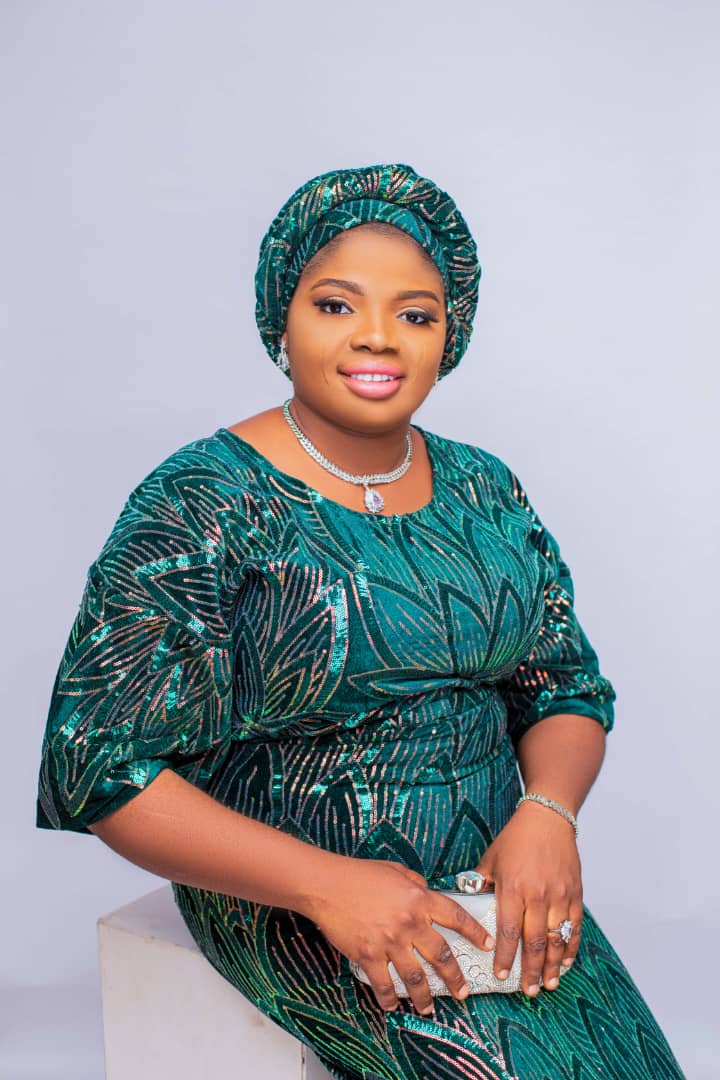
Advertisement
Medinat, born in Zaria, Kaduna state, said she wants to ensure that her constituents get adequate representation at the state house of assembly.
The graduate of Kwara State Polytechnic believes her people have “suffered for long and need someone who knows and feels their pains”.
“For so long the people had poor representation and their voices unheard. The people lack many things and that’s the basis of my interest,” Abdulraheem said.
“I wanted to ensure greater responsiveness, to make sure the people get proper representation, increased cooperation across party and ethnic lines, sustainable peace and more importantly bringing the government to the people.”
Advertisement
Medinat said if she wins the seat, her focus would be the provision of social amenities, empowerment programmes, gender equality, and scholarship opportunities.
She believes these are what most people lack.
“When there’s creation of jobs, no one will go hungry and when the self-employed are empowered, then they can fend for their families too. When the people have access to good road, health care centres and electricity, then the community can grow,” she said.
‘WOMEN BRING DIVERSITY’
Advertisement
Speaking on her political experience, Medinat said she was not unaware of the gender biases in politics, but remarked that women have been making an impact in the Nigerian political space.
She lamented that despite their efforts, the voices of many women in politics and their contributions still go unnoticed.
Advertisement
Medinat added that in many places, women are still seen as incapable of taking on certain responsibilities that are perceived as male-oriented.
“It is conspicuous in the case of parliaments where women are given ‘feminine portfolios’ or only allowed to sit in women’s committees and are being pushed away from the other committees because of their gender,” she said.
Advertisement
On balancing work and family life, she said although it sometimes seems impossible to achieve, if the pandemic has taught anything, it is the importance of creating a healthy work-life balance.
Medinat added that the expectations from women are often lower, and they are perceived as too emotional. She said people fail to realise that women bring more diverse physical, mental and emotional experiences to everyday conversations.
Advertisement
She said women must use this to their advantage by bringing a fresh perspective to the table.
‘YOUTHS UNDERSTAND YOUTHS BETTER’
Commenting on the benefits of having youths as members of the state house of assembly, Abdulraheem said it takes young persons to understand their peers and influence them through politics.
“The status quo needs to change, only a youth can bring fresh ideas because the world keeps evolving every day. There will be a time our successors will have better ideas and ways more superior to ours,” she said.
“Youth involvement in politics can/may lead to civic engagement which is wider than political engagement because it can include service to the community through involvement in charity works, health and education.
“Youths who operate politically in their respective community at an early age are more likely to become engaged citizens and voters. So in order to have better young citizenship, politics is one of the best tools. If you want change, then you be the change.”
This publication is produced under the Ready To Run initiative of Yiaga Africa in partnership with The Cable and supported by the European Union under the European Union Support to Democratic Governance Project (EU-SDGN)
Add a comment
